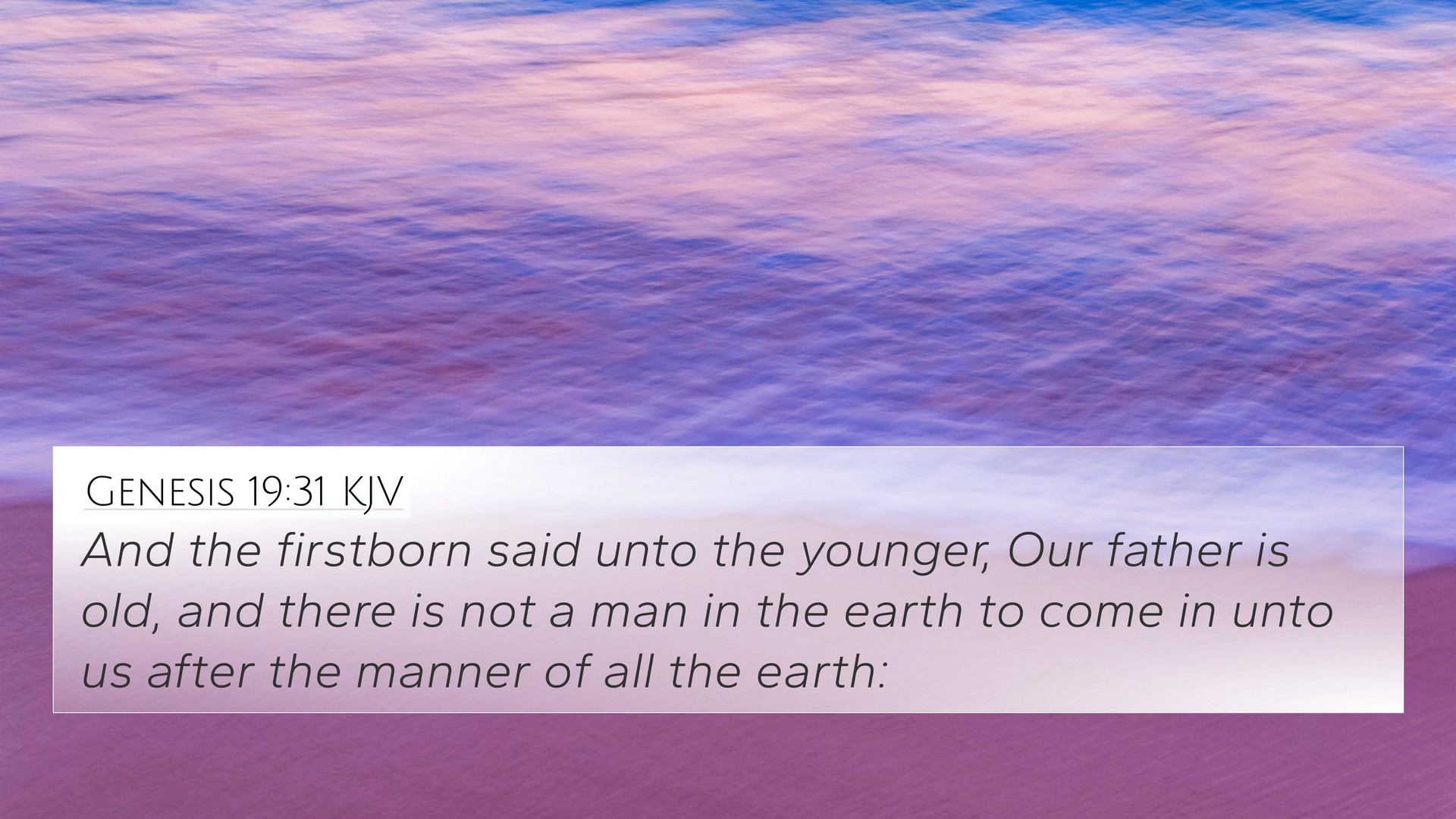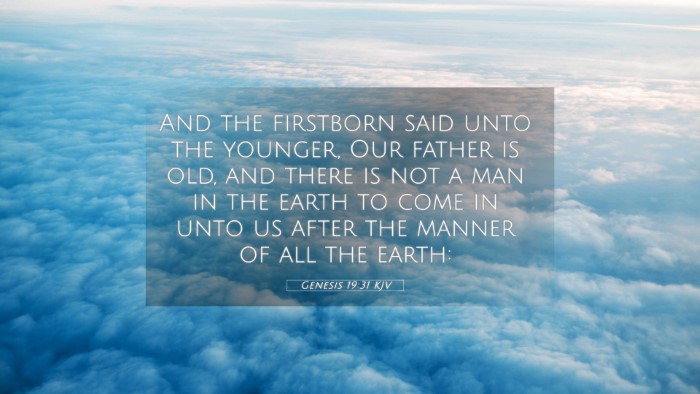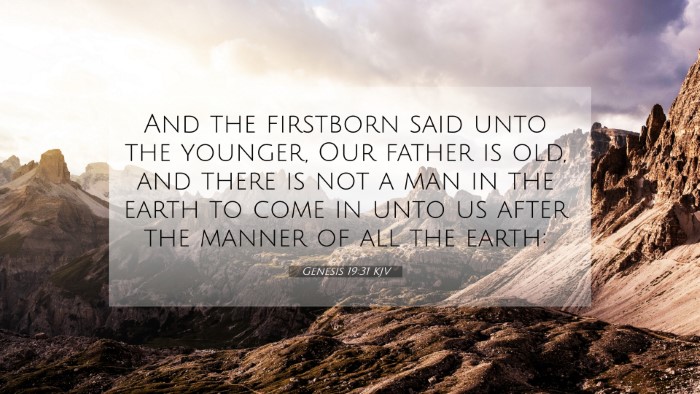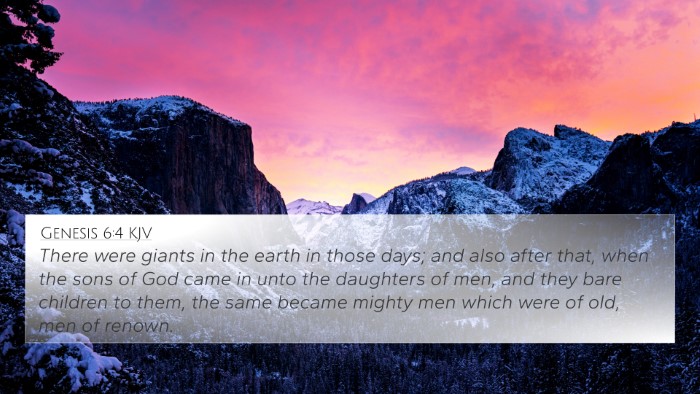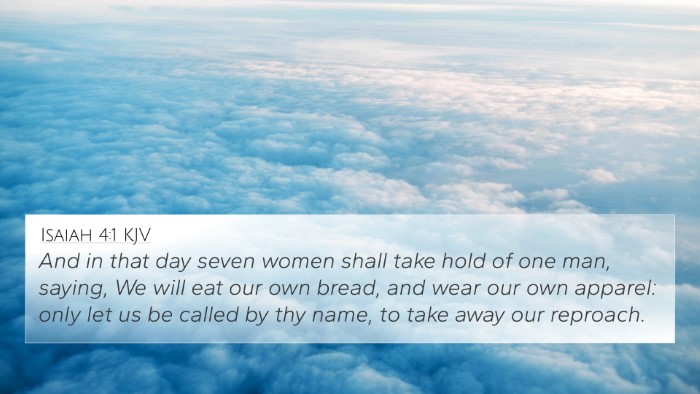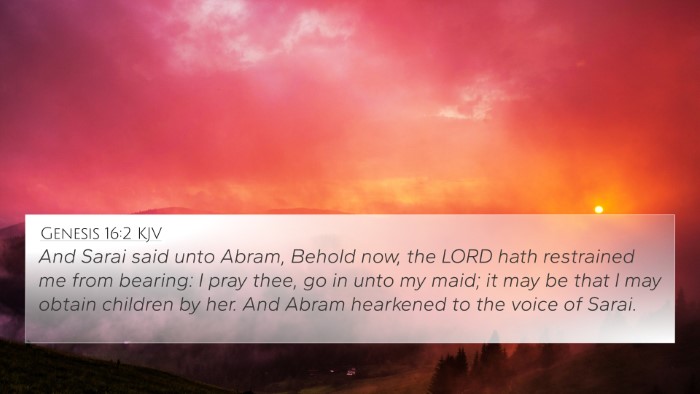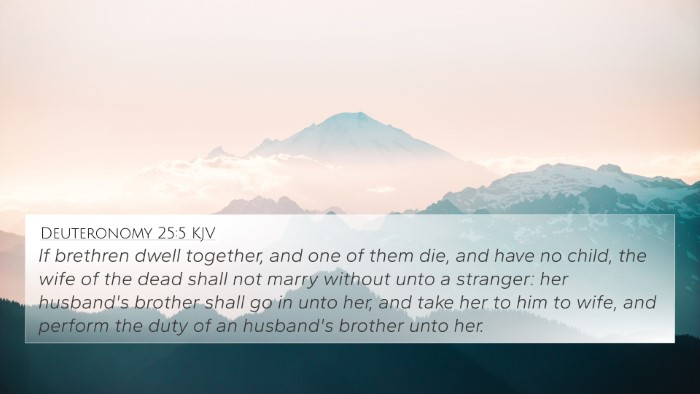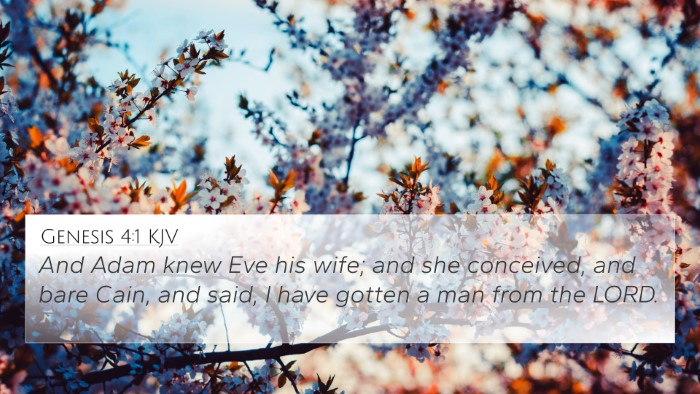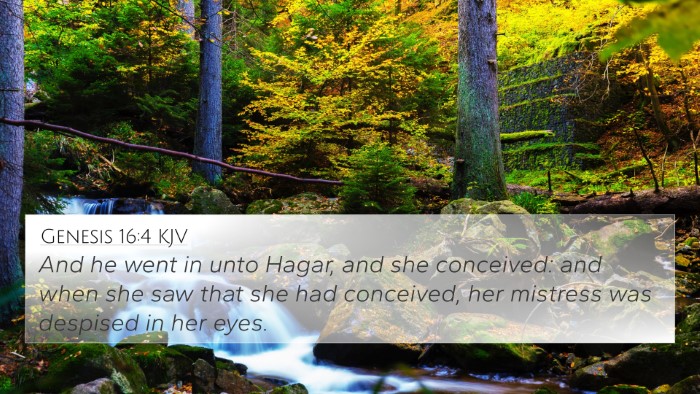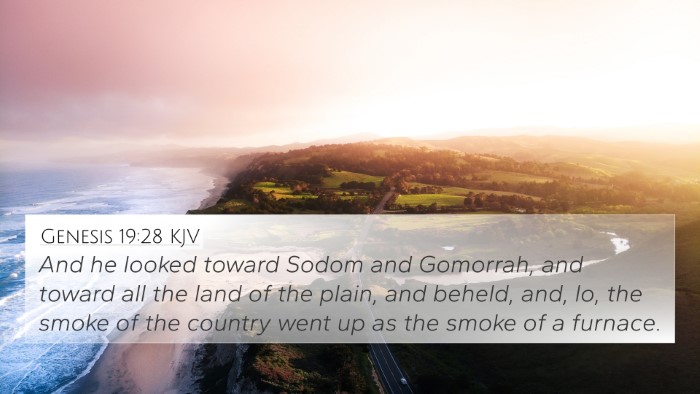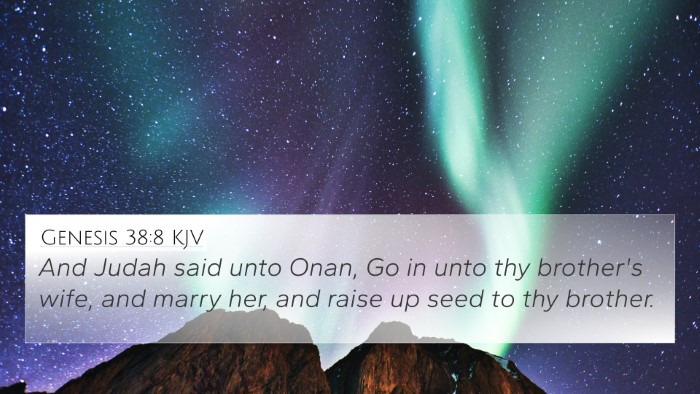Understanding Genesis 19:31
Genesis 19:31 states, "And the firstborn said unto the younger, Our father is old, and there is not a man in the earth to come in unto us after the manner of all the earth." This verse emerges from a troubling narrative that captures the aftermath of the destruction of Sodom and Gomorrah, highlighting themes of desperation, morality, and familial dynamics.
Contextual Overview
The destruction of Sodom and Gomorrah brings profound implications for Lot and his family. After losing their home and facing societal collapse, they seek refuge in a cave. In this secluded space, a tragic family decision unfolds, reflecting the extremity of their circumstances.
The Desperation of the Daughters
The firstborn daughter’s assertion indicates a sense of urgency and despair. This aligns with the view that after the devastation they witnessed, these women felt isolated and believed that their options for continuing their family line were virtually nonexistent.
- Matthew Henry: Comments on the moral decline observed in this narrative, noting that the daughters' actions stem from their misguided beliefs about procreation in the absence of men.
- Albert Barnes: Suggests that the daughters' decision reflects a pragmatic, albeit perverse, understanding of survival in a post-apocalyptic context.
- Adam Clarke: Points to the daughters’ lack of faith in God’s provision, which ultimately leads them to sinful choices.
Thematic Connections
This verse connects to broader themes in Scripture related to the morality of individuals in desperate situations. It draws parallels to other instances where individuals, in dire circumstances, resort to questionable means, often leading to further moral degradation.
- Connections to Genesis 38:3-10: The story of Judah and Tamar reflects another situation of familial dishonor and desperate measures for progeny.
- Similarities with Ruth 1:1-5: In both narratives, the plight of women in a patriarchal society leads them to make complex and sometimes morally ambiguous decisions.
- Link to Romans 1:21-32: Both depict how turning away from God can lead to destructive behavior and distorted choices.
Cross-References for Genesis 19:31
This verse is intrinsically linked with various other Bible verses that highlight themes of desperation, moral conflict, and familial obligations. Here are some relevant cross-references:
- Genesis 19:32: Further develops the plan initiated in 19:31.
- Genesis 38:8: Judah’s interaction with Tamar showcases similar desperation.
- Ruth 1:11-12: Naomi’s daughters-in-law face uncertain futures and difficult decisions.
- Hebrews 11:31: Reflects the faith of Rahab, contrasting the lack of faith shown by Lot’s daughters.
- 1 Corinthians 5:1: Paul references sexual immorality, echoing the implications of the daughters' actions.
- Matthew 5:28: Discusses lust in the heart, relevant when considering the moral implications of their actions.
- 2 Peter 2:6-8: Peter recalls the fate of Sodom, putting the actions of Lot’s daughters in a broader redemptive context.
Comparative Bible Verse Analysis
Analyzing Genesis 19:31 in conjunction with others like Genesis 38:15-30 offers insight into how desperation can lead to moral decay. Both narratives warn against the actions resulting from a lack of faith and reliance on God’s provision. These instances illustrate how, in desperation, individuals may rationalize immoral actions.
Tools and Resources for Cross-Referencing
For those interested in pursuing a deeper study of Genesis 19:31 and its connections within the Bible, various resources and tools are available:
- Bible concordances for thematic studies.
- Bible cross-reference guides detailing verse links.
- Online Bible study tools for cross-referencing Biblical texts.
- Comprehensive Bible study software that organizes scriptural connections.
Applying Genesis 19:31 Today
In contemporary discussions, this passage prompts reflection on how individuals might react under extreme stress and fear. It serves as a reminder of the importance of trust in God during difficult times, as well as a caution against making hasty decisions driven by desperation.
Conclusion
Genesis 19:31 offers a multifaceted look at human behavior in desperate times, providing rich material for theological study and personal reflection. The combined insights from public domain commentaries deepen our understanding and raise critical questions about morality and reliance on divine wisdom.
